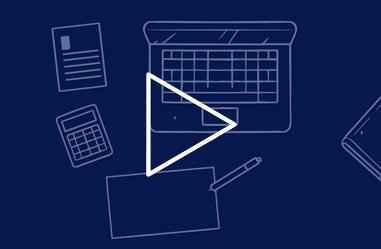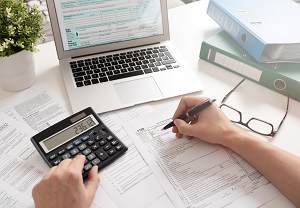2018 - IFRS Update 2018
Overview
The IASB in recent years have introduced significant changes that will materially affect measurement and disclosure in financial statements. These include IFRS 9 Financial Instruments, IFRS 15 Revenue from Contracts with Customers, IFRS 16 Leases, IFRS 17 Insurance Contracts and the new Conceptual Framework. Some of these standards are already effective for reporting periods starting on or after 1 January 2018.
Join Milan van Wyk CA(SA) and IFRS specialist as he unpacks the new standards for financial directors and their accounting departments.
Learning objectives
By the end of the webinar the participant should:
- Be aware of all recent significant changes made to IFRS by the IASB;
- Understand how these changes affect financial statements;
- Understand IFRS 9 Financial Instruments (excluding de-recognition and hedging);
- Understand IFRS 15 Revenue from Contracts with Customers; and
- Get an overview of IFRS 16, IFRS 17 and the Conceptual Framework.
Course content
The following topics will be covered in detail during the event:
- Update to all recent IFRS changes.
- IFRS 15: The reasons behind the changes.
- What are the changes?
- IASB and FASB feedback.
- IFRS 15: The 5 step approach to achieve clarity.
- Step 1 – Identify the contract with the customer:
- Importance of the contract.
- Criteria for a valid contract for revenue recognition.
- Treatment of money received in advance.
- Combination of contracts.
- Contract modifications.
- Step 2 – Identify performance obligations in the contract:
- The starting point – promises in the contract.
- Distinct goods and services in the contract.
- Illustrative examples of determining whether goods and services are distinct.
- Step 3 – Determine the Transaction Price:
- What is the transaction price? Is it different from current standards?
- How to account for variable consideration.
- How to identify a financing component in the transaction price.
- Step 4 – Allocation of the transaction price to the performance obligations :
- Understanding the basis of the allocation.
- Step 5 – When & how should revenue be recognised?
- Understanding the notion of control.
- Testing whether goods and services should be recognized over a period of time.
- How to measure progress over a period of time.
- Indicators of control being transferred at a point in time.
- Step 1 – Identify the contract with the customer:
- IFRS 15: How to treat contract costs?
- Understanding what IFRS considers to be contract costs and why its treated as an asset.
- How to deal with incremental costs, the costs to fulfill the contract, and amortisation of the contract costs.
- IFRS 15: Disclosure of Revenue.
- The importance of relevance and materiality.
- Presentation.
- Disclosure:
- Disaggregation of the contracts.
- Significant judgements.
- IFRS 9: Financial Instruments.
- Recognition.
- Classification of assets and liabilities.
- Measurement.
- Derivative accounting.
- Overview of IFRS 16 Leases, IFRS 17 Insurance Contracts and the Conceptual Framework.
Related Webinars

2020 Tax Relief Measures during Covid-19: Webinar 7: Life after COVID-19/Understanding the economic impact -Webinar on demand







